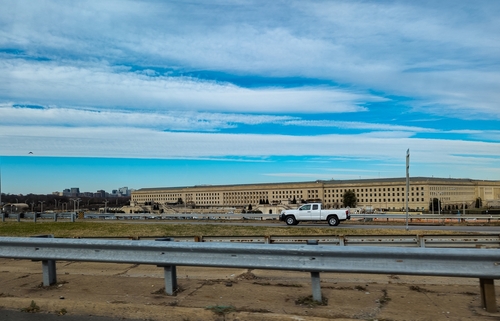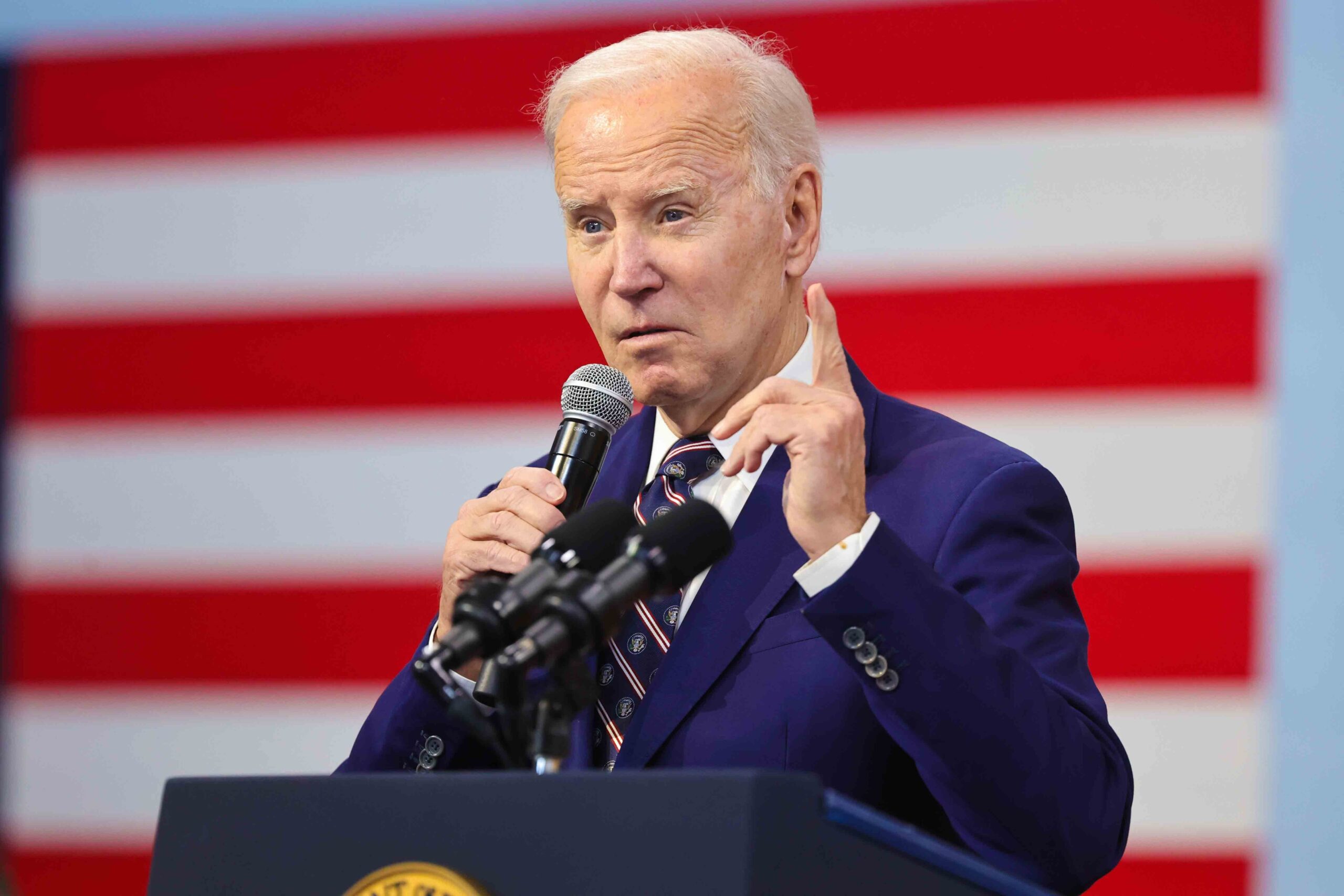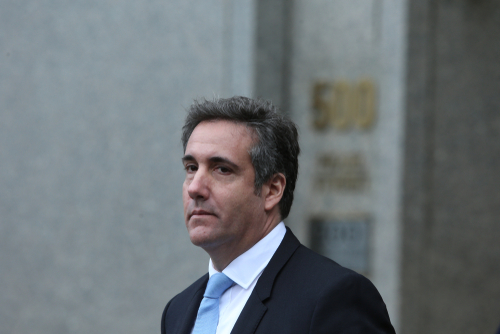Federal Judge Michael Brown’s dismissal of murder charges against Atlanta officer Sung Kim sheds light on the intricate issues surrounding police accountability in America.
At a Glance
- Atlanta officer Sung Kim’s murder charges were dropped for the 2019 shooting of an unarmed man.
- Judge ruled Kim’s actions as self-defense due to an alleged threat posed by Jimmy Atchison.
- The ruling highlights the challenges in prosecuting police officers.
- The decision drew criticism and calls for an appeal from civil rights groups.
The Case and Ruling
In a pivotal decision, U.S. District Judge Michael Brown has dismissed the murder charges against former Atlanta police officer Sung Kim, who was involved in the 2019 fatal shooting of Jimmy Atchison, an unarmed man. The judge ruled that Kim’s actions were “textbook self-defense,” citing overwhelming evidence that justified the shooting based on Kim’s belief that Atchison, who moved his hands in a perceived threatening manner, was armed.
Sung Kim, a 26-year veteran working with the FBI’s fugitive task force, confronted Atchison while attempting to execute an arrest warrant related to a cellphone robbery reportedly committed at gunpoint. Kim’s vote of confidence came as Judge Brown emphasized that in law enforcement situations, officers are not mandated to wait to see a weapon when under threat. This has been echoed in the judge’s statement, “Nothing required (Kim) to hold off on shooting until he literally saw a gun in Mr. Atchison’s hand,” considering Kim’s belief to be reasonable given the circumstances.
The Incident’s Broader Implications
The shooting of Jimmy Atchison resulted in widespread protests and discussions on the operational protocols of federal task forces and local police engagement. This incident prompted the Atlanta Police Department to temporarily withdraw from federal task forces while affecting policies regarding body cameras for task force members. Many activists argued this incident as evidence of law enforcement’s excessive use of force against the Black community.
“The evidence for self-defense is so overwhelming it is hard to understand how Georgia could have brought these charges in the first place, much less continued with them over the two and a half years since.” – U.S. District Judge Michael Brown.
In legal contexts, the Supremacy Clause protects federal officers from state prosecution, which heavily influenced this case. However, Atchison’s father and other family members expressed grave disappointment over the ruling, citing a lack of accountability for police actions. Tanya Miller criticized the decision, stating, “This decision underscores the troubling gap in accountability when local officers operate on federal task forces – a no-man’s land where they can violate their own department’s policies, the Constitution, take a young life, and still avoid standing trial.”
Civil Rights Advocacy and Response
The ruling drew critiques from civil rights groups like the Georgia NAACP, voicing concerns regarding unchecked violence by law enforcement officers. Georgia NAACP President Gerald A. Griggs underscored these sentiments, calling the ruling a negation of justice and a potential stimulus for further violence. Consequently, there are calls for an appeal, proposing that this decision undermines civil rights and could pose risks to public safety.
“This ruling opens the floodgates for unchecked violence by law enforcement.” – Georgia NAACP President Gerald A. Griggs.
As communities and civil rights organizations debate the implications of Judge Brown’s decision, this case continues to hold a mirror up to the deep-seated issues of police accountability and the need for legislative reform. The dialogue is sustained as society deliberates on optimal avenues to balance law enforcement authority with civil rights and community safety.






